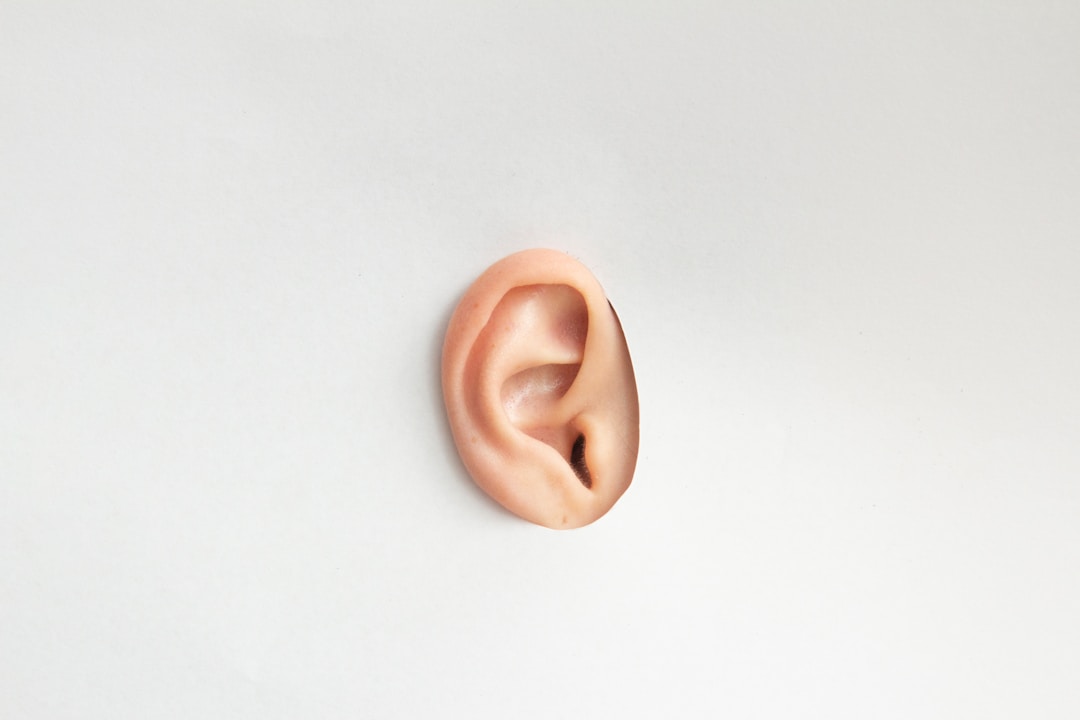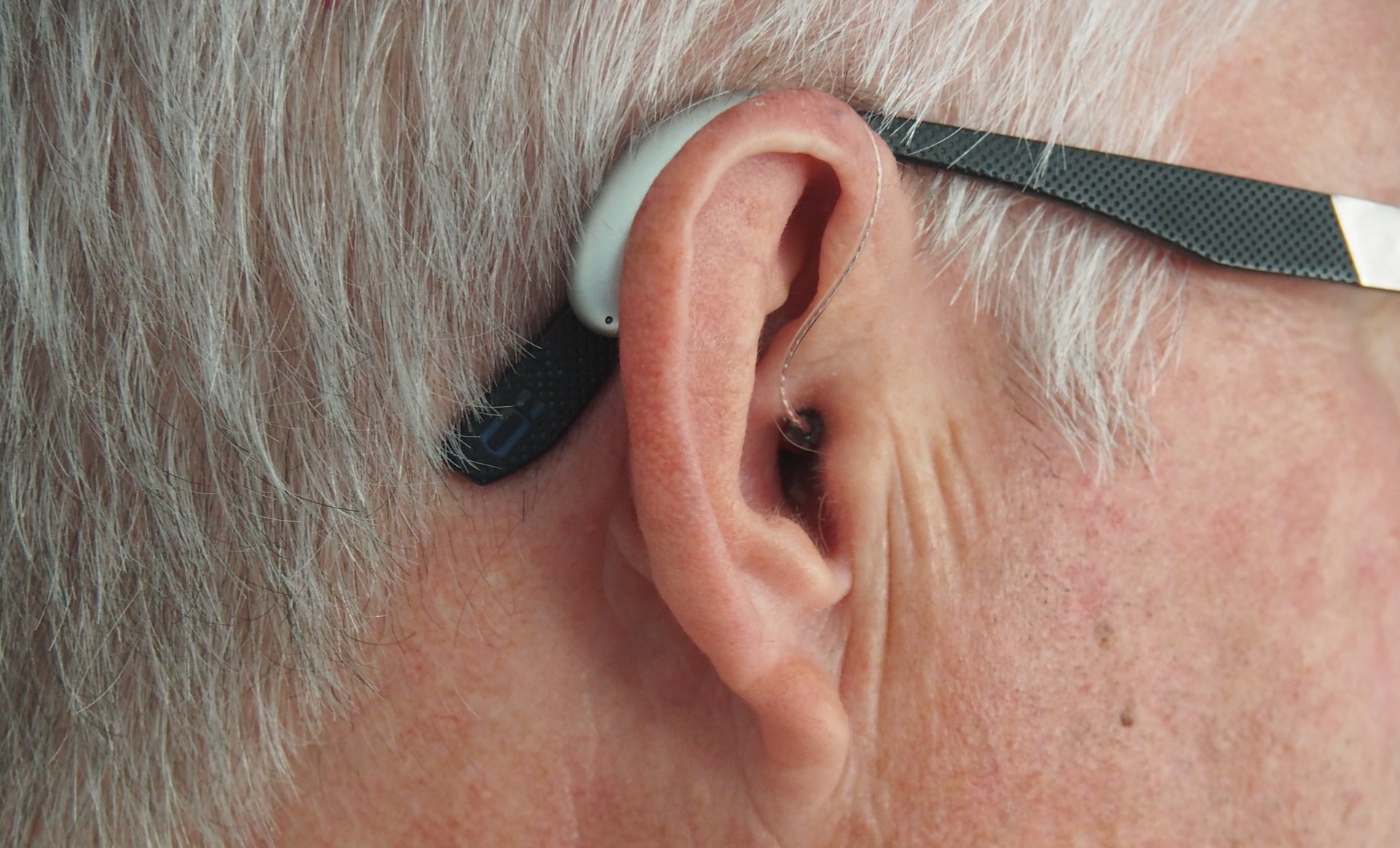What Are the Causes of Tinnitus?
Tinnitus is a common auditory problem that causes the perception of background noise or ringing in the ears. Tinnitus can be a symptom of a non-life-threatening, an underlying medical condition like age-related hearing loss or a circulatory system disorder. Tinnitus can also worsen with age, but in most cases, tinnitus therapy can help reduce the sound of tinnitus. These phantom sounds or noises can be annoying and are usually only heard by the person who has tinnitus.
There are two kinds of tinnitus that people suffer from. Subjective tinnitus means only you can hear it. It’s commonly caused by problems in the outer, middle, or inner ear, problems with the auditory nerves, or problems with the auditory pathways. Objective tinnitus means your audiologist can also hear sounds while performing a hearing test. Objective tinnitus is rare and can be caused by problems with blood vessels, muscle contractions, or a middle ear bone condition.
The first step in getting in control of your tinnitus is to schedule a hearing test with an audiologist. A hearing care professional will perform a comprehensive hearing test to assess your level of hearing loss, followed by a tinnitus exam. Once your tinnitus has been evaluated, your audiologist can recommend the most effective treatment for you. There is no cure for chronic tinnitus, but the right tinnitus therapy treatment option can alleviate your symptoms.
Hearing Health USA is passionate about finding effective tinnitus solutions that will improve patients’ quality of life. Their hearing health professionals use the most effective approaches to treat tinnitus. Effective treatments include cognitive behavioral therapy, tinnitus sound therapy, hearing aids, tinnitus maskers, and stress management.
What are the symptoms of tinnitus?

The sounds of tinnitus can be constant or intermittent, low or high-pitched, and in one or both ears. The volume of the noise can fluctuate, and it’s most noticeable in quiet environments and/or at night when there are no external sounds. Tinnitus symptoms include ringing, buzzing, roaring, clicking, hissing, or humming, and depending on the severity of tinnitus symptoms, it can impact your ability to focus or hear external sounds.
Most people don’t think about their hearing health until there’s a problem. Not all insurance plans include coverage for hearing health beyond basic exams. When it comes to medical care, you can file an insurance claim with your insurance provider to receive reimbursement for your medical bills. Claim denial isn’t uncommon and your insurance provider will provide notice as to why the claim was rejected. Even if you have an extensive coverage insurance policy, there may be a clause in the fine print about the claims process.
MicroLaw provides helpful advice about what to do if your insurance claim gets denied. Follow-up with your insurance provider to discuss the reasons for the claim denial. Speak to the hospital to ensure you have all the correct paperwork. Apply for a rectified claim or an appeals process, and if necessary, speak to a professional.
What are the causes of tinnitus?

Tinnitus is commonly caused by damage to the inner ear hair cell. The small, delicate hairs in the inner ear are critical to sending and interpreting signals as sounds. When they are damaged, they leak electrical impulses to your brain, which results in tinnitus. Tinnitus can also be caused by age-related hearing loss, exposure to sudden loud noises, earwax blockage, and ear bone change.
Several medications cause damage to the inner ear and cause tinnitus, including aspirin, ibuprofen, diuretics, and some antibiotics. Other causes of tinnitus include traumatic brain injury, head and neck injuries, ear infections, TMJ disorders, cardiovascular diseases, and diabetes.
Sustaining an injury at work or in a car accident isn’t an easy experience, but if you end up suffering long-term symptoms from an injury, such as tinnitus, then you may need legal representation. There are several different types of lawyers who specialize in different areas of personal injury law. Lawyers will typically give free legal advice during a consultation to help you understand the next steps of your legal issue.
MicroLaw gives an overview of the different types of lawyers whose legal services are often sought. The types of attorneys include estate planning lawyers, probate attorneys, family lawyers, tax lawyers, criminal defense lawyers, medical malpractice, and personal injury attorneys.
How do you treat tinnitus?

Treating tinnitus begins by treating the underlying health condition causing your tinnitus symptoms. Your doctor will take several steps to help reduce the sounds of tinnitus, including earwax removal, treating a blood vessel condition with medication or surgery, and changing your medication. Other effective treatments include noise suppression using white noise, lifestyle changes, and alternative medicine.
Sometimes health emergencies happen outside of your regular doctor’s office hours and you need access to emergency care. Urgent care centers are a great alternative to an emergency room when you can’t see your primary care physician. They provide patient care for immediate illness and injuries that aren’t severe enough for emergency room services.
According to IFRC Media, the costs of going to urgent care depend on your medical treatment and insurance provider and tend to be far less than the costs of an emergency room visit. The professionals in urgent care clinics deliver excellent patient care on a first-come, first-served basis. While urgent care costs are easier to cope with, the unexpected pocket cost can be difficult if you don’t have health insurance. It’s a good idea to consider a temporary insurance coverage plan that offsets the costs of medical treatments, prescription drugs, and chronic conditions.
Tinnitus doesn’t always improve or go away with treatment. It’s important to find ways to cope with tinnitus symptoms and improve your quality of life. Learn all that you can about tinnitus, consider joining a support group, and seek a mental health professional to learn coping techniques.
